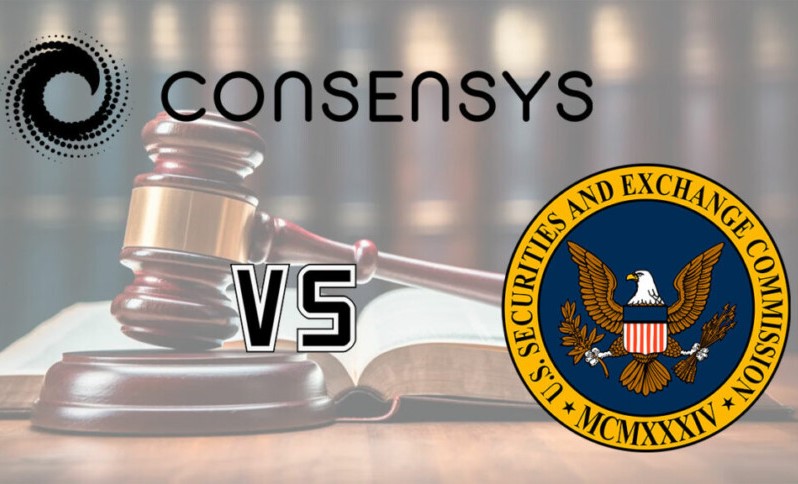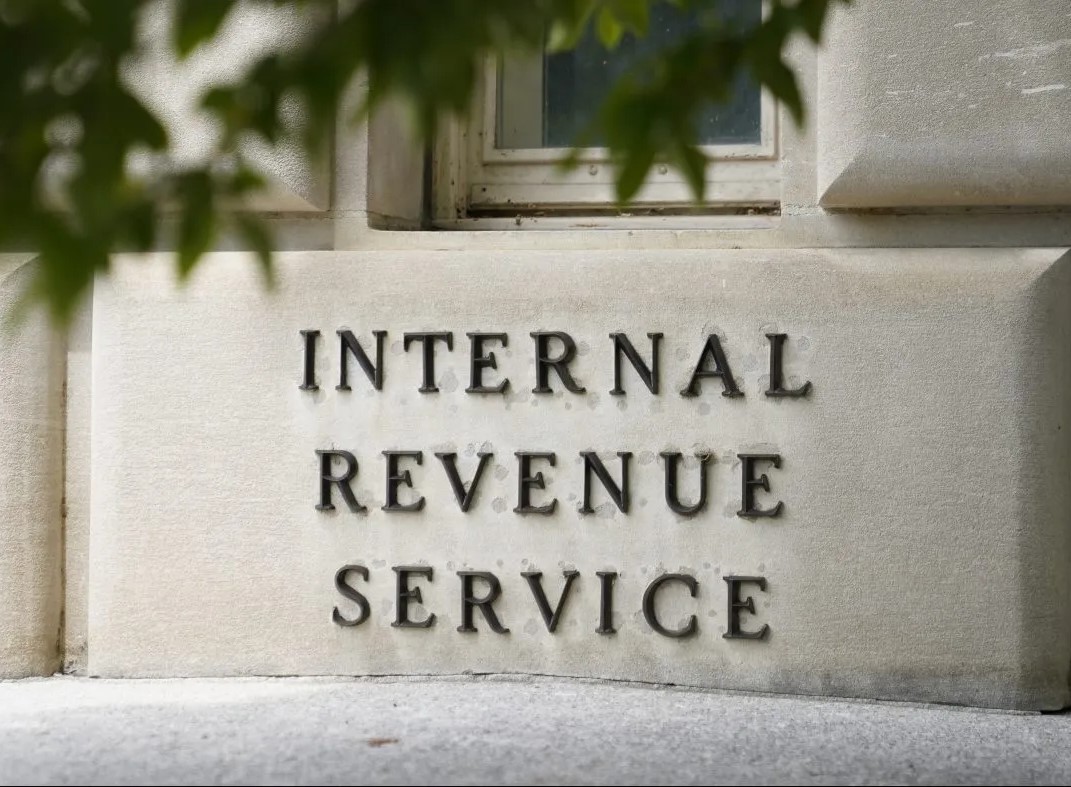According to the U.S. Securities and Exchange Commission (SEC), Consensys has been conducting business as an unregistered broker via MetaMask.
Consensys, the parent corporation of MetaMask, has been the subject of a lawsuit by the United States Securities and Exchange Commission.
Since 2020, the company has been conducting the unregistered offer and sale of securities through MetaMask Swaps and operating as an unregistered broker, as per a complaint filed on June 28.
The complaint alleges that Consensys has collected over $250 million in fees by brokering crypto asset transactions and offering staking services without proper registration, depriving investors of critical protections.
The SEC is pursuing a permanent injunction, civil penalties, and other equitable relief against Consensys in response to these alleged violations of federal securities laws.
“Since January 2023, Consensys has engaged in the unregistered offer and sale of securities in the form of crypto asset staking programs, and acted as an unregistered broker, through its MetaMask Staking service. By its conduct as an unregistered broker, Consensys has collected over $250 million in fees.”
Furthermore, the regulator asserts that Consensys has acted as an intermediary in unregistered transactions by facilitating investments in Lido and Rocket Pool’s staking programs, depriving investors of essential protections.
Tens of thousands of securities have been offered and sold by Consensys for two issuers: Lido and Rocket Pool. The filing states that Consensys functions as an underwriter of those securities and participates in the critical points of their distribution through this conduct.
After receiving a Wells notice from the SEC in April, Consensys filed a lawsuit against the agency, challenging prospective attempts to classify Ether and related staking services as securities. The company stated it “fully anticipated” that the regulator would complete its investigation.
“The SEC has been pursuing an anti-crypto agenda led by ad hoc enforcement action. This is just the latest example of its regulatory overreach — a transparent attempt to redefine well-established legal standards and expand the SEC’s jurisdiction via lawsuit.”
The company contends that the SEC “has not been granted authority” to regulate software interfaces such as MetaMask. Consensys stated that it will persist in vigorously pursuing the Texas case for a ruling on these matters.
The Securities and Exchange Commission (SEC) pursues homesteading
The SEC’s complaint categorizes staking programs offered by Lido and Rocket Pool as investment contracts, asserting that investors who participate in staking programs are investing Ether in a joint enterprise with a reasonable expectation of profits.
Rocket Pool and Lido have not submitted a Securities and Exchange Commission registration statement.
The Securities and Exchange Commission (SEC) contends that Consensys has operated as an unregistered broker and underwriter by enabling these staking programs through its MetaMask platform.
The agency has previously filed lawsuits against stakeholder service providers. In February, Kraken crypto exchange settled with the SEC for $30 million and discontinued its staking services for U.S. clients in response to a lawsuit.
Coinbase is an additional organization that regulators are monitoring. The exchange has been contesting the agency’s claims regarding staking as a security in the courts.
To support the security and procedures of a blockchain network, staking entails locking cryptocurrencies in a digital wallet. Validators receive rewards for verifying transactions and generating new blocks contingent upon their staked amount. The rewards for stakeholders generate passive income.



